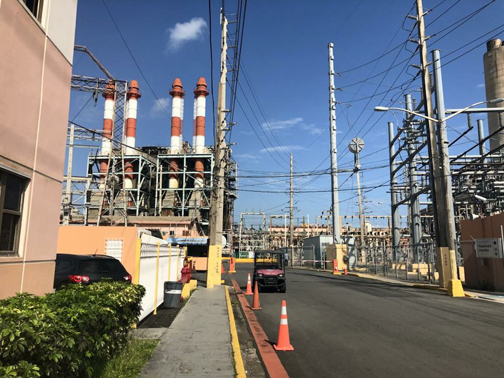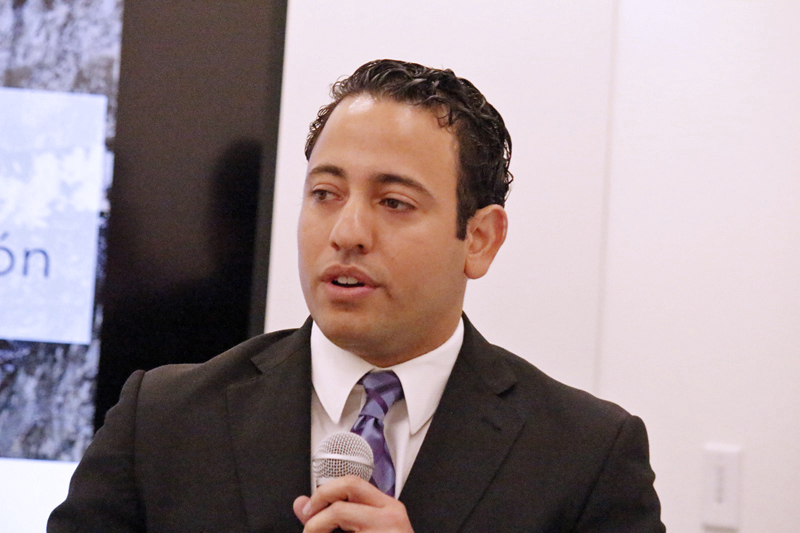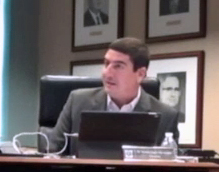Popular Inc. reports $46.8M in net income for 3Q16

Popular Inc. released earnings for the third quarter on Tuesday, reporting net income of $46.8 million for the three-month period ended Sept. 30, 2016, compared to net income of $89 million for the quarter ended June 30, 2016.
“The results for the third quarter reflect the strength of our franchise and disciplined approach to risk management. We achieved stable revenue and credit metrics notwithstanding the economic challenges in Puerto Rico and the low interest rate environment,” said Popular Inc. Chairman Richard L. Carrión.
As previously announced, on October 3, 2016 the review board issued a final arbitration award denying Banco Popular de Puerto Rico’s request for reimbursement of approximately $55 million in shared loss claims that were the subject of one of the disputes between Banco Popular de Puerto Rico and the Federal Deposit Insurance Corporation, as receiver, under the commercial loss share agreement entered into in connection with the Westernbank FDIC-assisted transaction.
As a result, for the quarter ended Sept. 30, 2016, Popular recognized a pre-tax charge of approximately $55 million and a corresponding reduction to its FDIC indemnification asset.
Net interest income for the quarter was $353.7 million, compared to $360.6 million for the previous quarter. Net interest margin was 4.12 percent for the quarter compared to 4.33 percent for the previous quarter. The impact of having one more day in the quarter contributed $2.6 million to the net interest income.
Operating expenses amounted to $323.7 million for the third quarter of 2016, an increase of $14.5 million when compared to the second quarter of 2016.
As far as credit quality is concerned, excluding covered loans, Popular’s non-performing loans held-in-portfolio (NPLs) increased by $1.6 million from the prior quarter, with NPLs-to-loans ratio stable at 2.6 percent quarter-over-quarter, the bank said.
During last year’s third quarter, Popular reinstituted its common stock dividend and intends to return additional capital to its shareholders over time, Carrión said.
“As we discussed last quarter, we filed our Dodd-Frank Stress Test at the end of July. The strong result of which were made public last week. In addition, we filed our capital plan soon after our stress test. And our regulators continue to review our stress test and capital plan and we hope to update you by the end of the year,” he said.
Popular also continued to pull away from government risk, selling its $75 million Puerto Rico Electric Power Authority loan for an $8.5 million pretax gain on its $40 million book value. Now, the financial institution’s outstanding exposure to Puerto Rico government is $524 million, down $58 million from the previous quarter.
“The sequential decline is mostly due to the previously mentioned loan sell. Nearly all of our direct Puerto Rico government exposure is in loans to municipality not publicly traded securities of the central government or its public corporations. We derive comfort from our underwriting process, the structure and the size of this exposure relative to our capital base,” Carrión told analysts during a call Tuesday.
“We will continue to monitor development in this portfolio closely and make future adjustments as needed, while selectively participating in funding the Puerto Rico Government’s capital needs when we feel the risk reward is appropriate,” he said.
The executive also discussed the government’s debt restructuring process, which he said should be positive under the guidance of the Financial Oversight and Management Board for Puerto Rico.
“Over time, we believe the Board and restructuring framework will result in increased fiscal discipline and facilitate a transition toward a manageable debt load. However, given current imbalances, this will likely include a reduction of government spending, which in the short-term could negatively impact economic activity on the island,” he said.
“We see some near-term opportunities to offset potential government cuts stemming from improved business and consumer confidence, energy infrastructure development and hopefully a pay down of balances owe to suppliers by the Puerto Rico government,” Carrión added. “Ultimately, these actions will lay a foundation for a sustainable economic growth.”










